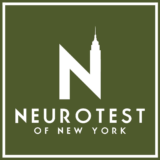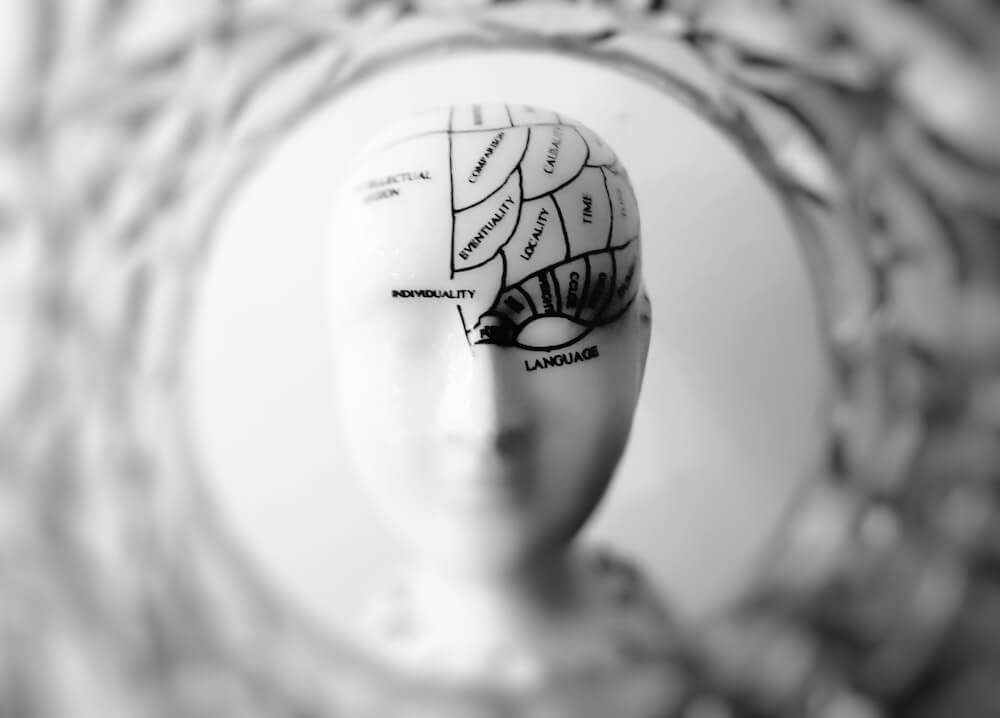Neurological symptoms can persist after surviving COVID-19 infection. Learn tips to improve post-COVID symptoms including brain fog.
What is COVID-19 Brain Fog?
Neurological symptoms have been reported as long as 4-5 months after a COVID-19 infection. Patients with persistent post-COVID symptoms have been called “long haulers.” The most common neurological symptom reported is “brain fog” in up to 81% of patients.
What is brain fog? Brain fog is a term used when you have symptoms of slower thinking and processing, poor attention and concentration, word finding difficulty, and memory problems. The medical term for “brain fog” is encephalopathy.
Other ongoing neurological symptoms include headaches, loss of taste/smell, numbness/tingling, muscle aches, fatigue, insomnia, and depression/anxiety.
How Does COVID-19 Affect the Brain?
Although COVID-19 virus (SARS-CoV-2) predominantly affects the lungs, the virus can also affect multiple other organ systems.
SARS-CoV-2 virus can injure the brain directly and indirectly. Direct effects on the brain can be due to neuroinflammation, strokes, autoimmune response and neurotoxicity. Indirectly, the brain can be affected by low oxygen levels, ventilator and sedation use, and blood clots.
How Do I Test for COVID-19 Brain Fog?
There is no specific testing for brain fog. Diagnostic testing has shown no difference between COVID-19 positive and negative patients. However, an electroencephalogram (EEG) can help determine the severity of encephalopathy. Neurotest of New York performs high quality EEG testing.
5 Tips to Help Brain Fog
There is no FDA-approved treatment for brain fog. Treatment has been centered on symptomatic therapy. Your doctor may prescribe medication that can help your mood and sleep problem.
- Aerobic exercise. Besides being good for your heart and lungs, aerobic exercise will help with blood circulation and brain oxygenation.
- Quality sleep. Your body needs time to rest and repair during sleep. Quality sleep starts with good sleep hygiene. This means no phones or TV in the bedroom and going to bed and waking up at the same time each day.
- Avoid alcohol and tobacco. These chemicals injure the same areas of the brain that cause brain fog.
- Brain stimulating activities. Form new connections by challenging your brain with jigsaw puzzles, Sudoku, crossword puzzles, hobbies and learning new languages.
- Healthy diet. Eliminate sugars and processed food.
Schedule an appointment to test your brain and nerves TODAY!
References:
Boldrini M, Canoll PD, Klein RS. How COVID-19 Affects the Brain. JAMA Psychiatry. Published online March 26, 2021. doi:10.1001/jamapsychiatry.2021.0500
Graham, E.L., Clark, J.R., Orban, Z.S., Lim, P.H., Szymanski, A.L., Taylor, C., DiBiase, R.M., Jia, D.T., Balabanov, R., Ho, S.U., Batra, A., Liotta, E.M. and Koralnik, I.J. (2021), Persistent neurologic symptoms and cognitive dysfunction in non-hospitalized Covid-19 “long haulers”. Ann Clin Transl Neurol, 8: 1073-1085.
Wild C, Norton L, Menon D, et al. Seeing through brain fog: disentangling the cognitive, physical, and mental health sequalae of COVID-19.. Research Square; 2021.

